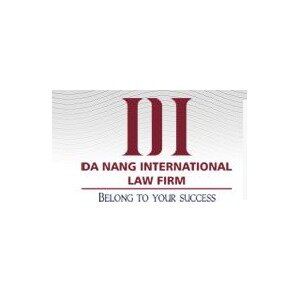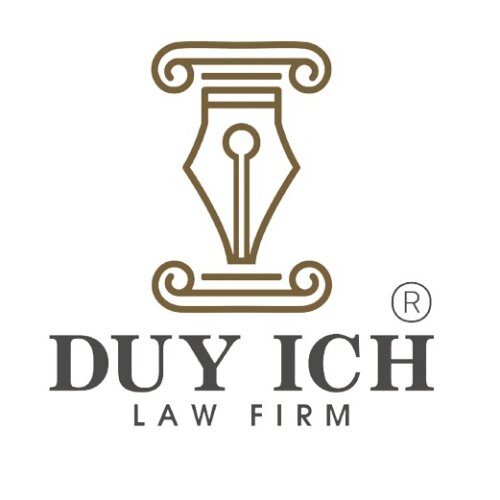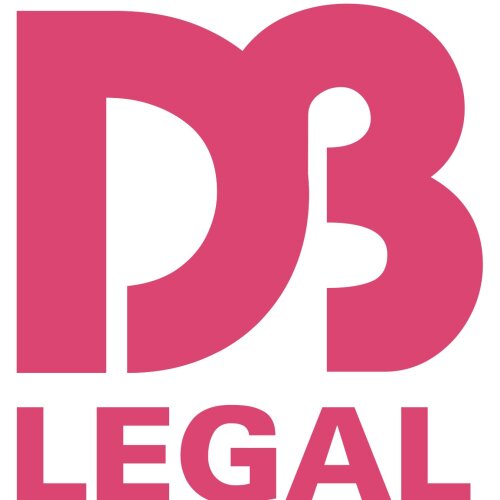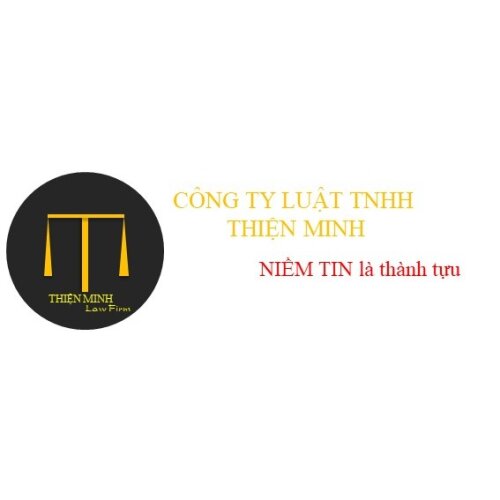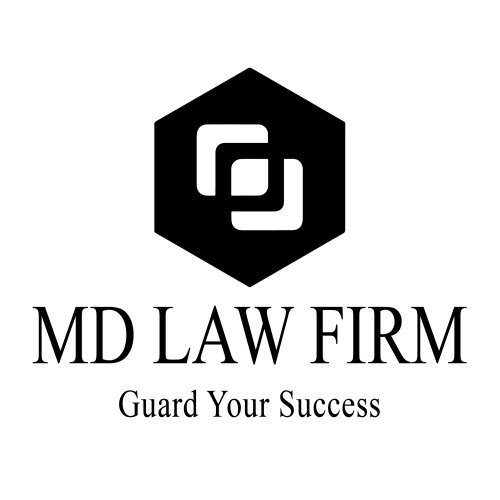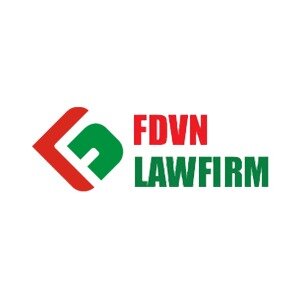Best Real Estate Contracts and Negotiations Lawyers in Da Nang
Share your needs with us, get contacted by law firms.
Free. Takes 2 min.
Free Guide to Hiring a Real Estate Lawyer
List of the best lawyers in Da Nang, Vietnam
About Real Estate Contracts and Negotiations in Da Nang, Vietnam
Real estate contracts and negotiations in Da Nang, Vietnam, revolve around the acquisition, disposal, lease, and transfer of real estate properties. These contracts outline the terms and conditions of the transaction, safeguarding the rights and interests of all parties involved. The negotiations aspect pertains to the discussions held before the contract is agreed and signed. Both elements are contingent on the real estate laws in Vietnam, which govern buying, selling and leasing of land, apartments, and houses. These laws are increasingly sophisticated, reflecting the booming real estate market in Da Nang.
Why You May Need a Lawyer
In many cases, those engaged in real estate transactions may require legal help. This is especially true if you're unfamiliar with the laws governing real estate in Da Nang. Situations where legal advice may be sought include the conveyancing process, disputes over property boundaries, drafting and reviewing real estate leases, and resolving complications arising from a breach of contract. Legal professionals can provide invaluable assistance in ensuring property transactions are properly conducted and the rights of the client are protected.
Local Laws Overview
Vietnam's regulations on real estate are mostly guided by the Law on Land, Law on Housing, and the Law on Real Estate Business. Foreigners are allowed to buy property in Vietnam, but some restrictions apply. For instance, the Contract of Sale of Residential Housing must be in Vietnamese as required by law. Furthermore, payment for sales or transfers should be made via an account in a commercial bank in Vietnam. It's also important to note the Property Ownership Certificate (red book), which is crucial in any real estate transaction, serving as proof of ownership.
Frequently Asked Questions
Can foreigners own land in Da Nang, Vietnam?
No, foreigners cannot own land outright in Vietnam but they can obtain a land use right for up to fifty years.
How many properties can a foreigner own in Vietnam?
A foreigner can own up to 30% of the units in a condominium and a maximum of ten houses in Vietnam.
What is 'the Red Book'?
The Red Book is the Property Ownership Certificate, an important legal document indicating land use rights and property ownership in Vietnam.
Can foreigners mortgage properties in Vietnam?
It's possible for foreigners to mortgage their residential properties if the mortgage is a part of a bank lending agreement.
Can disputes related to real estate be resolved in court?
Yes, real estate disputes can be taken to court, but it's advisable to seek alternatives like arbitration to save time and cost.
Additional Resources
Vietnamese ministries such as the Ministry of Natural Resources and Environment, and the Ministry of Construction, provide useful guidance on related topics. One could also consider reaching out to real estate associations in Vietnam, such as the Vietnam Real Estate Association and the Ho Chi Minh City Real Estate Association for their expert advice.
Next Steps
If you need legal assistance in Real Estate Contracts and Negotiations, consider retaining a lawyer who specializes in Vietnamese real estate law. Prior to any property transactions, make sure to comprehensively review all documents, understand your rights and obligations, and access all information on the property in question.
Lawzana helps you find the best lawyers and law firms in Da Nang through a curated and pre-screened list of qualified legal professionals. Our platform offers rankings and detailed profiles of attorneys and law firms, allowing you to compare based on practice areas, including Real Estate Contracts and Negotiations, experience, and client feedback.
Each profile includes a description of the firm's areas of practice, client reviews, team members and partners, year of establishment, spoken languages, office locations, contact information, social media presence, and any published articles or resources. Most firms on our platform speak English and are experienced in both local and international legal matters.
Get a quote from top-rated law firms in Da Nang, Vietnam — quickly, securely, and without unnecessary hassle.
Disclaimer:
The information provided on this page is for general informational purposes only and does not constitute legal advice. While we strive to ensure the accuracy and relevance of the content, legal information may change over time, and interpretations of the law can vary. You should always consult with a qualified legal professional for advice specific to your situation.
We disclaim all liability for actions taken or not taken based on the content of this page. If you believe any information is incorrect or outdated, please contact us, and we will review and update it where appropriate.





